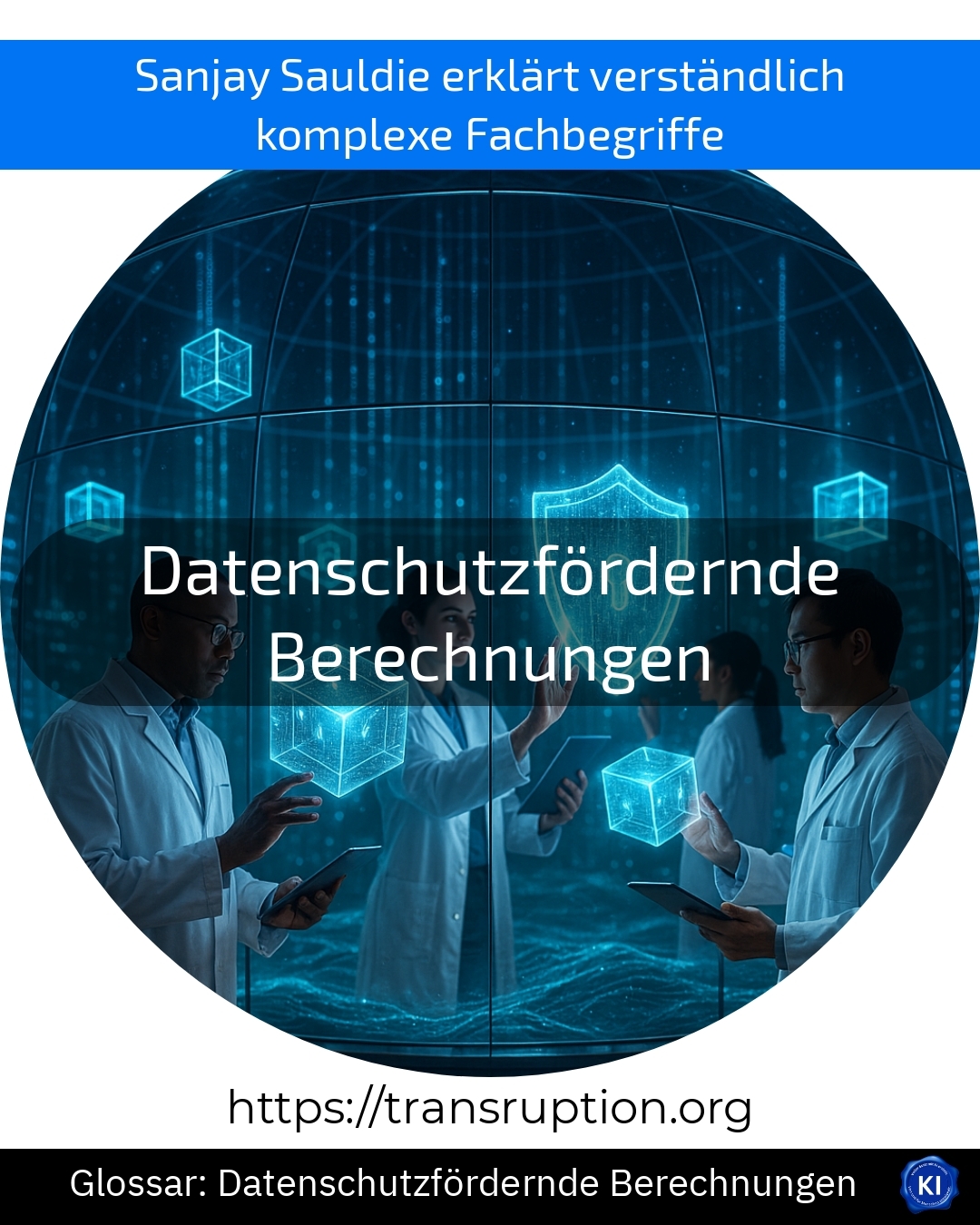The term "privacy-enhancing computing" is particularly at home in the fields of artificial intelligence, big data and smart data as well as cybercrime and cybersecurity. They describe methods with which personal data is particularly well protected during calculations and analyses so that no confidential information is leaked.
The aim is to enable companies to gain valuable insights from large amounts of data without violating the privacy of individuals. Common technical approaches include encryption during computation or splitting data so that no one has access to all details at the same time.
A simple example: a health insurance company wants to find out how often people in certain age groups go to the doctor. Using data protection calculations, it can carry out this analysis without ever seeing the exact names or personal data of the insured persons. The information is used in such a way that no conclusions can be drawn about individual persons.
Such calculations are becoming increasingly important, especially when sensitive data needs to be processed. This ensures that innovation and data protection are no longer a contradiction in terms.















